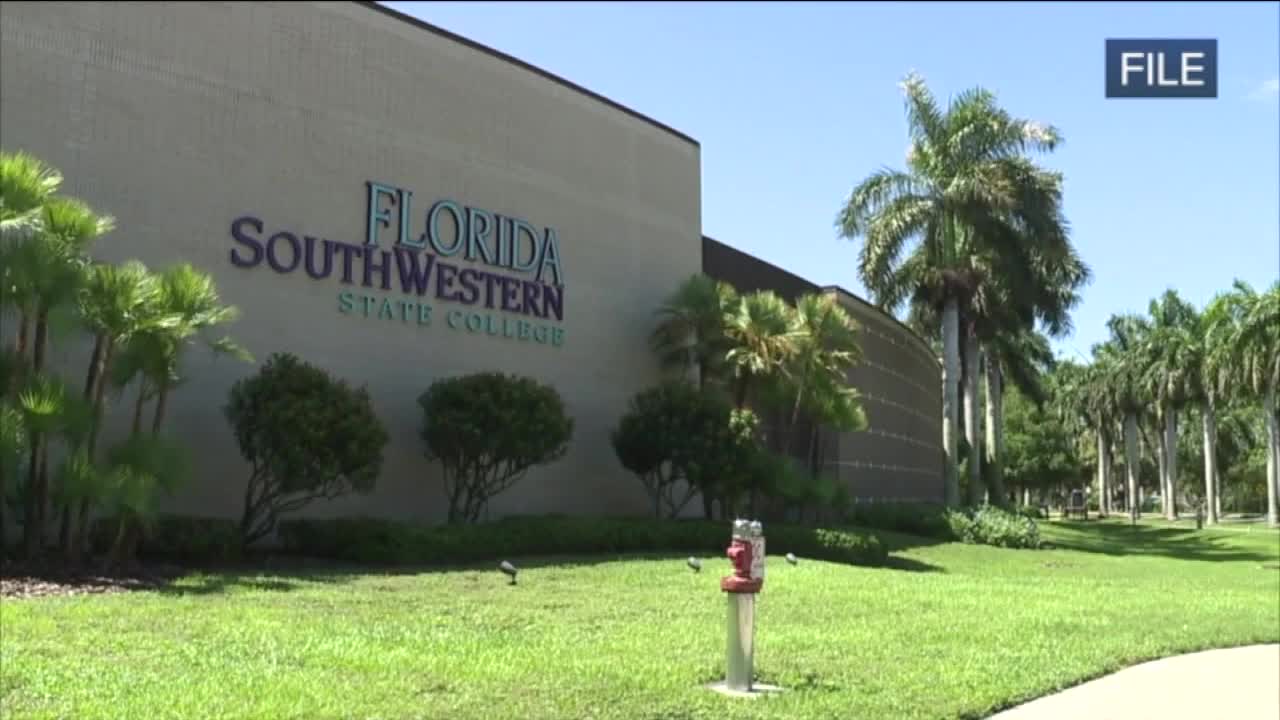PUNTA GORDA, Fla. — A day after a false bomb threat was made for Florida Southwestern State College's Punta Gorda campus, Fox 4 is learning more about the major law enforcement response.
What happened here is known as "swatting," - when someone makes a fake emergency call that dispatches a large number of armed police officers or multiple agencies to a particular address.
The Charlotte County Sheriff’s Office shed light on why these calls can be harmful to the entire community: "We responded from our real time information center, where we started looking up the name, the phone number, floor plans for the college if we had them."
Lt. John Heck Jr., Intelligence Commander at the Charlotte County Sheriff’s Office, described the large response to FSU's Punta Gorda campus Wednesday.
Investigators quickly determined the supposed bomb threat was fake - and it didn’t just affect Southwest Florida.
"From what we’ve seen, I think it was close to 10 different counties were called across the state," Lt. Heck added that it spread from northern Florida to southern Florida and spread throughout the state quickly.
"Within 10 minutes, I was on the phone with some other partners in Sarasota, because Sarasota had the same call and we were comparing our call to their call."
Swatting could seem like a harmless prank to some, but Lt. Heck explains the serious impact it can have.
"The problem is, you just took a whole bunch of resources off the road for this. We probably had at least 10 units there. FSW had their units there. You’re looking at 10 vehicles that were taken off the road that could have been responding to other calls."
Now the search is on to find who is behind the calls all across Florida.
"Our criminal investigation unit is working that with their detectives. They usually call in using VPNs or networks that can block where they’re coming from."
Florida has fusion centers throughout the state where agencies combine information and can cross reference with other instances across the state, in real time.
As soon as they get that number, they try to figure out if it’s from an app or some type of company that can give callers different numbers, "Once we figure that out we’ll do an emergency order to find out who that number belongs to or if it’s an IP type of number," Lt. Heck said.
Currently, this is an ongoing investigation and no one is in custody.





